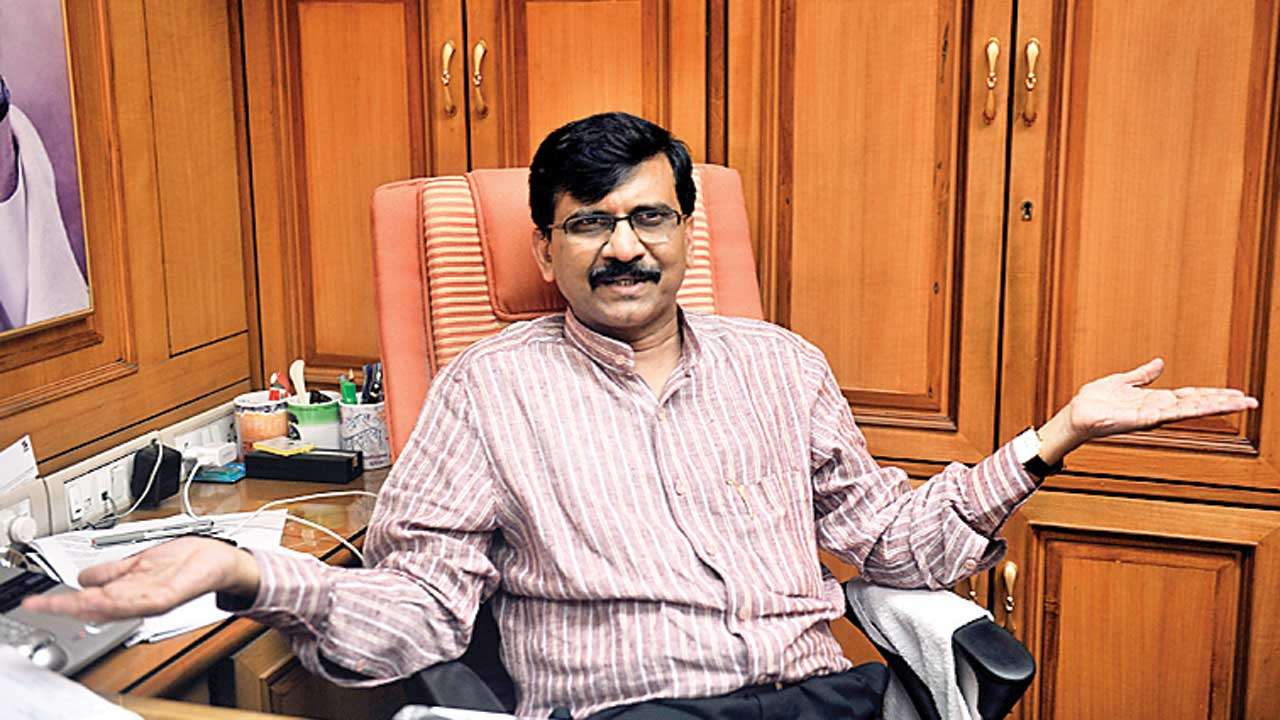Shiv Sena, Uddhav Thackeray didn't demand burqa ban: Sanjay Raut
Even on the issue of triple talaq, the Shiv Sena's stance is more for social reform than on religious grounds, says Raut

Sanjay Raut Sanjay Raut
Retreating on his demand for a ban on burqas in public places, senior Shiv Sena leader and Rajya Sabha MP Sanjay Raut disassociated his party and Sena chief Uddhav Thackeray from his statement.
On May 1, an editorial in the party organ Saamna, of which Raut is the executive editor and Uddhav is the editor, had referred to the post-terror attacks ban in Sri Lanka on outfits that cover the face and hinder identification, and called for similar measures to be introduced in India. Saamna alleged that the burqa was used to perpetrate terrorist activities and pointed to similar proscriptions in countries like France and Turkey.
Soon after, Shiv Sena spokesperson and MLC Neelam Gorhe tried to distance the party and Uddhav from these remarks and claimed the opinion was that of Raut. She stressed it was not the official position of the Shiv Sena.
"The ban on burqas was discussed more in our country than in Sri Lanka. Here, one thing must be clarified, the demand for a ban on burqas was not by the Shiv Sena or Uddhav Thackeray. The topic is restricted to Saamna publishing analysis on the developments in Sri Lanka. Even on the issue of triple talaq, the Shiv Sena's stance is more for social reform than on religious grounds," said Raut, in his weekly column in the newspaper on Sunday.
Raut said the Shiv Sena was firm in its opposition to obscurantist practices in Hindu society like dowry and child marriage as this was the stance of social reformer Prabodhankar Thackeray, the father of late Sena supremo Bal Thackeray.
He charged that Muslim leaders like All India Majlis E Ittehadul Muslimeen (AIMIM) president Asaduddin Owaisi linked issues like triple talaq and uniform civil code to the personal liberties of Muslims. "There is no use of personal liberties before national interest and security. But unfortunately, Muslim society lacks leadership which can state this," Raut lamented.
SECURITY’S SAKE
- A Saamana editorial asked PM to follow Sri Lankan President’s footsteps and ban burqas and other face-veils in India considering the “threat” they pose to nation’s security
- The editorial created a flutter and drew sharp reactions from various quarters